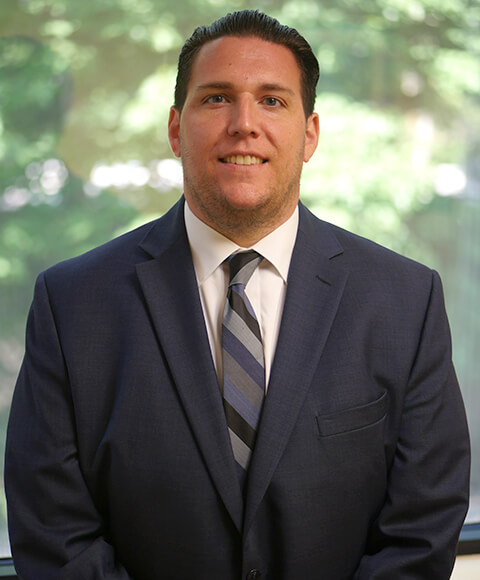
After the trauma of a sexual assault, you may be suffering in many ways and unsure what to do next. You may have a dizzying amount of questions, such as how to report the crime, where to go for emotional support or how to seek justice.
The #MeToo movement has heightened awareness about sexual assault, but it is still all-too common. One in five women and one in 71 men will be raped at some point in their lives, according to the National Sexual Violence Resource Center (NSVRC). Forms of sexual violence, according to the NSVRC may include:
- rape or sexual assault;
- child sexual assault and incest;
- sexual assault by a person’s spouse or partner;
- unwanted sexual contact/touching;
- sexual harassment;
- sexual exploitation and trafficking;
- exposing one’s genitals or naked body to other(s) without consent;
- masturbating in public;
- watching someone engage in private acts without their knowledge or permission; or
- nonconsensual image sharing.
Anyone can be the victim of sexual assault—women, men or children—and the perpetrators can be partners, ex-partners, spouses, supervisors, co-workers, acquaintances, strangers or even a family member. Seven out of 10 rapes are committed by someone known to the victim, and in some cases, sexual assault is committed by more than one person or the victim cannot remember, according to the Rape, Abuse & Incest National Network (RAINN).
Reporting the crime
If you have suffered a sexual assault, the most important thing to do is to call the police. RAINN suggests that:
- if you are in immediate danger, dial 911. Help will come to you, wherever you are;
- otherwise, contact the local police department. Call the direct line of your local police station or visit the station in person. If you are on a college campus, you may also be able to contact campus-based law enforcement. For state-specific information about the legal definition of rape, the statute of limitations for reporting sexual assault or other information related to sex crimes, visit RAINN’s state law database; and
- visit a medical center. If you are being treated for injuries resulting from sexual assault, tell a medical professional that you wish to report the crime. You can also choose to have a sexual assault forensic exam. To find an appropriate local health facility that is prepared to care for survivors, call the National Sexual Assault Hotline 800.656.HOPE (4673).
Resources for non-legal comfort and counseling
There is no timetable for recovering from sexual assault. “Recovering from sexual assault or abuse is a process, and that process looks different for everyone. It may take weeks, months, or years,” according to RAINN.
“[A]s daunting as it may be to pick up the phone and call a hotline, inquire about group therapy, or attend a trauma-informed yoga class, taking an active role in your recovery will be the best and most empowering thing you can do for yourself,” says Jezmina Von Thiele in a web post, “67 Resources for Sexual Assault Survivors Who Aren’t Sure Where to Turn.”
A variety of resources for sexual assault survivors, including call centers and hotlines, as well as shelters, counseling and support, are listed in the post, which is located on the website Greatist.
Seeking justice
If you have suffered sexual assault and are ready to take legal action, you can pursue justice through the criminal or civil justice systems. There are two significant differences between criminal and civil cases: the burden of proof necessary, and the role of the victim in each process, according to the National Center for Victims of Crime (NCVC).
In a criminal case, conviction requires “proof beyond a reasonable doubt,” while in a civil case, liability must be proven by a preponderance of the evidence, according to the NCVC. Specifically, in a criminal case, the state controls the proceedings and the victim acts as a witness for the prosecution; in a civil case, the victim controls essential decisions shaping the case, including whether to sue, accept a settlement offer or go to trial, according to the NCVC.
If you have been the victim of sexual assault, the compassionate criminal law attorneys at Tully Rinckey PLLC can further explain your options if you decide to seek justice. They understand you have unique legal needs and can guide you through the process from start to finish.
Derrick Hogan, Esq. is a Partner in Tully Rinckey PLLC’s Albany office where he primarily focuses his practice on criminal matters.







